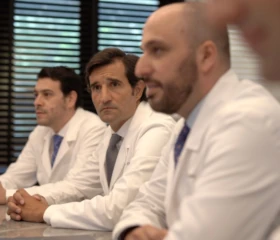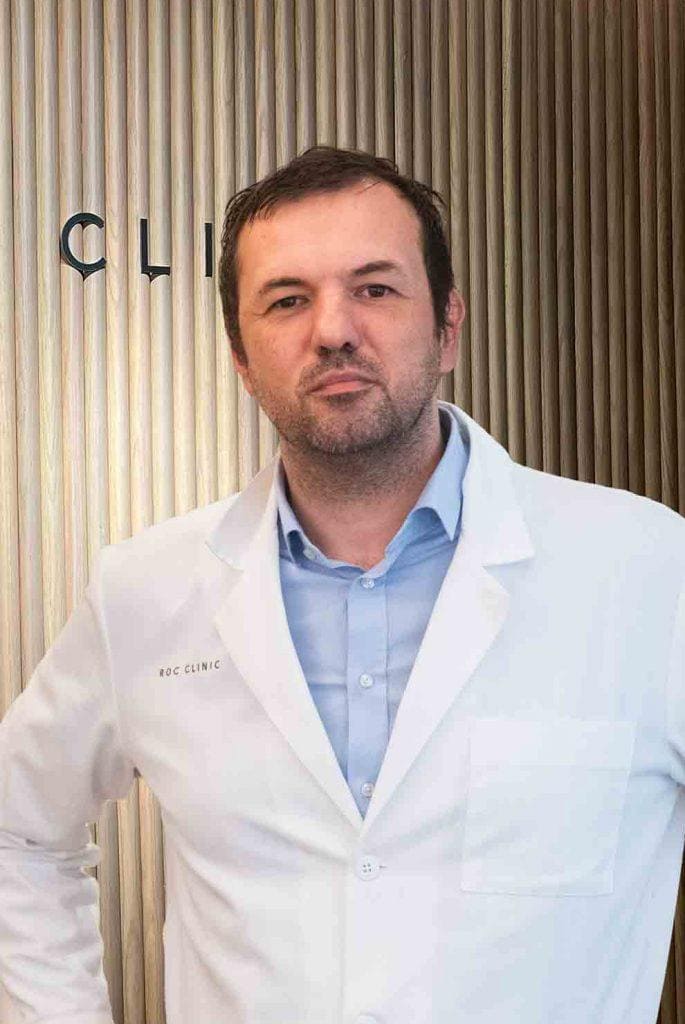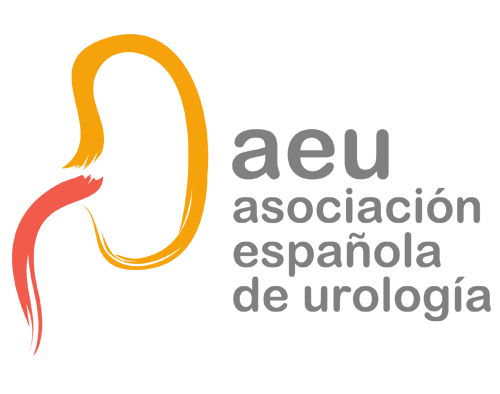Symptoms and causes Testosterone Deficiency
The causes of the syndrome include genetic, neurological, testicular or endocrine problems.
Depending on the age of presentation, the clinical picture may differ considerably, since testosterone is an essential hormone in the proper development of boys during puberty.
- Super-specialized urologists
- Personalized treatment
- Minimally invasive approach
- More than 16,000 patients successfully treated
Testosterone Deficiency Symptoms
The symptoms of testosterone deficiency or hypoganodism are non-specific and there are multiple diseases that can cause the same symptoms. In an adult person, it can produce alterations at three levels:
- Symptoms on the central nervous system: irritability, lack of energy, decreased strength, lack of concentration and memory problems.
- Somatic symptoms: testosterone deficiency can affect athletic performance and the rest of the somatic sphere: decreased strength, decreased muscle mass and increased fat mass, skin changes, loss of bone mineral density, peripheral insulin resistance (prediabetes), sleep disturbances, obesity or anemia.
- Sexual symptoms: the three symptoms most commonly associated with testosterone deficiency are decreased sexual desire, decreased erotic thinking, and decreased morning or nighttime erections or erections in erotic situations.
It is advisable to use validated questionnaires to collect as much information as possible after diagnosis, in order to have a determination of symptoms at time 0 that allows us to establish a starting point and monitor treatment.
Causes of Testosterone Deficiency
The causes of testosterone deficiency syndrome are multiple and include genetic, neurological, testicular or endocrine problems. Depending on the age of presentation, the clinical picture can be quite different, since testosterone is an essential hormone in the proper development of boys during puberty. Therefore, if there are low testosterone levels before puberty, the symptoms will be delayed puberty and the absence or decrease of male sexual characteristics. Later, during adulthood, the hormonal deficit does not cause such evident alterations, although it is related to multiple diseases and with symptoms of hormonal deficiency.
Some of the main causes of hypogonadism are:
- Genetic and congenital diseases.
- Diseases affecting the testicles, such as testicular cancer, testicular torsion or scrotal surgery and radiotherapy.
- Some medications, such as morphine derivatives or corticosteroids.
- The use of anabolic agents.
- Obesity and metabolic syndrome.
- Systemic and/or inflammatory diseases.
In general, hypogonadism is caused by four main reasons:
1.- Central failure or hypogonadotropic hypogonadism. This is a brain pathology that causes the hypothalamus and pituitary gland not to produce gonadotropin (GnRH), luteinizing (LH) and follicle stimulating (FSH), thus preventing the activation of Leydig cells, responsible for secreting about 90% of testosterone, and Leydig cells, which provide structural and metabolic support to male germ cells during spermatogenesis.
Testicular failure or hypergonadotropic hypogonadism: commonly produced by testicular problems such as torsion, testicular cancer, trauma and radiotherapy, which causes that although the hypothalamic-pituitary-gonadal axis tries to activate testicular production, this is insufficient or absent. Commonly there will be low testosterone and sperm count values, along with very high LH and FSH.
3.- Testosterone receptor inactivity: although testosterone and gonadotropin values are completely normal, they do not perform their action due to a failure in the activity of the receptor. Typically, the blood test is normal, sometimes even with high levels of LH, FSH and testosterone.
Increased aromatase activity: this is a situation in which testosterone production is normal or even high, and the insufficient level of testosterone is produced by increased aromatase activity, which destroys the testosterone we produce. We may find ourselves with high levels of LH and FSH -trying to compensate for the destruction-, low testosterone and high estradiol.
They ask us in the Consultation
Is testosterone only important for athletes and muscle gain?
No. Testosterone is an essential hormone for men's health, influencing bone mineralization, muscle mass, sex life and avoiding obesity and diabetes.
Can I have a sexual problem due to low testosterone?
Yes. Men with low testosterone are more at risk for low sex drive and erection problems. Some studies also point out that low testosterone may increase the risk of penile incurvation.
How do I know if I have low testosterone?
It is very easy. With a blood test (fasting and in the morning) we can study the state of the hormonal axis that regulates testosterone and androgens.
What happens if I take testosterone without needing it?
It is not recommended. It will cause you to stop producing testosterone on your own and become dependent on the medication. If you need testosterone, it is a very safe and effective medication; but taking it without needing it is a mistake.
Team of the Testosterone Deficiency Unit
Newsof ROC Clinic on Testosterone Deficiency
Research
Current management of stage T1 renal cell carcinoma in Spain: Results of a multicenter national registry.


 +34 912 627 104
+34 912 627 104 Contact
Contact






